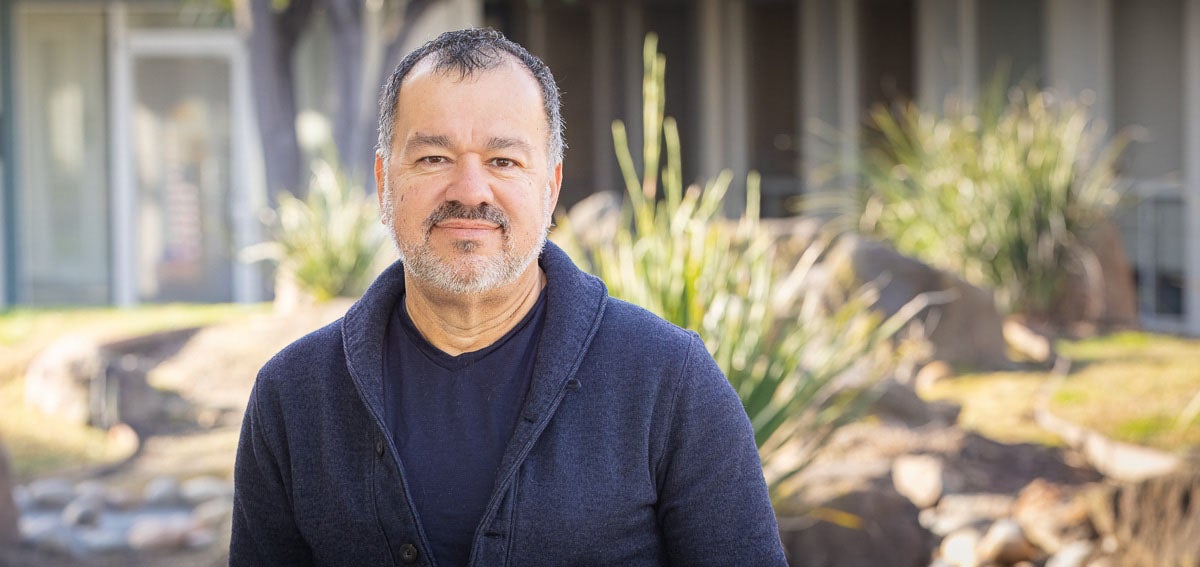View the Report
Key Takeaways
- Medi-Cal Community Care Hubs are centralized administrative entities that coordinate services among Medi-Cal providers, Medi-Cal managed care plans, and patients.
- Hubs support implementation of Enhanced Care Management, which provides intensive care coordination for Medi-Cal members with complex needs, and Community Supports.
- Providers and managed care plans emphasize the need for clear policies, technical assistance, and funding to integrate their work with Medi- Cal Community Care Hubs.
Medi-Cal Community Care Hubs are centralized administrative entities that coordinate services among Medi-Cal providers, Medi-Cal managed care plans, and patients to address physical health, behavioral health, and health-related social needs of millions of Californians who receive health care through Medi-Cal. Hubs can facilitate access to new Medi-Cal services like Enhanced Care Management, Community Supports, the community health worker benefit, and doula services. These services are designed to be delivered by local, community-based providers who understand the cultural and linguistic needs of their communities.
Why Do Medi-Cal Community Care Hubs Matter for Providers and Californians?
By working with hubs, Medi-Cal providers have an opportunity to streamline administration with managed care plans and to expand access to services for Californians. Providers can then focus more of their time on delivering whole-person care under the CalAIM (California Advancing and Innovating Medi-Cal) initiative, as well as extending community health worker and doula services to Californians.
What Are the Primary Roles of Medi-Cal Community Care Hubs?
- Expand provider networks and access to services. Hubs can help more local Medi-Cal providers, especially those new to Medi-Cal, contract with Medi-Cal managed care plans. This assistance is particularly important for community health workers, doulas, and other providers offering specialized services under CalAIM.
- Streamline administration. Hubs manage contracts, claims and bill processing, and data exchange between community-based organizations and Medi-Cal managed care plans. This offloading reduces administrative burdens for providers, enabling them to focus on delivering care to Medi-Cal patients.
- Support new Medi-Cal services for Californians. Hubs support implementation of Enhanced Care Management, which provides intensive care coordination for Medi-Cal members with complex needs, and Community Supports, which offer services addressing health-related social needs, such as housing support and medically tailored meals.
Looking Ahead: Opportunities for Improving Medi-Cal Community Care Hubs
Providers and managed care plans emphasize the need for clear policies, technical assistance, and funding to integrate their work with Medi-Cal Community Care Hubs and, ultimately, to improve access to culturally competent care for Medi-Cal enrollees. These needs include the following:
- Supporting collaboration and shared learning among hubs. Promoting opportunities for collaboration among hubs can improve Medi-Cal Community Care Hubs’ onboarding of new providers, managing claims, improving data reporting systems statewide, and reducing regional disparities.
- Engaging stakeholders to create a more equitable system. Continuous feedback from managed care plans, community-based organizations, and Medi-Cal patients will be key to refining the hub model and ensuring it meets the needs of Medi-Cal members, particularly those in underserved communities.
- Providing policy guidance supportive of the role of hubs. Creating supportive policy guidance that facilitates the thoughtful implementation of hubs in Medi-Cal managed care.




